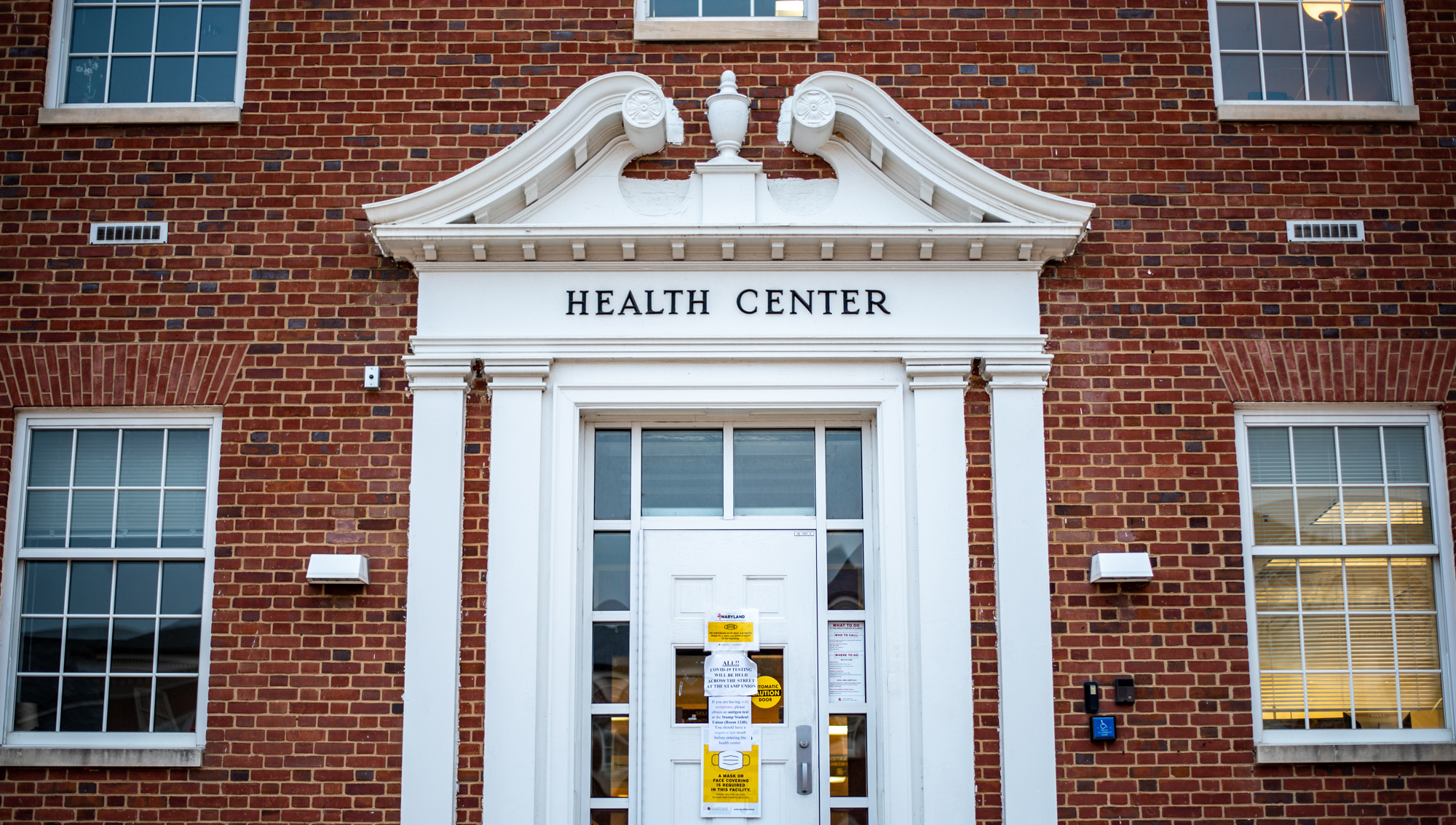At the first University of Maryland Senate meeting of the semester on Wednesday, Dr. Chetan Joshi, University of Maryland Counseling Center director, and Thomas Ruggieri, the University’s Health Center’s faculty and staff assistance program coordinator, discussed the university community’s mental health.
Joshi and Ruggieri both addressed how the needs of the campus community have changed over the past two years, emphasizing new challenges and programs within their respective sectors.
The biggest uptick this university and university counseling centers across the nation saw, according to the Center for Collegiate Mental Health, was a rise in academic distress, Joshi said. The most common concerns among students experiencing academic distress were difficulty focusing and finding motivation, Joshi said.
This university’s Counseling Center also saw a 26 percent increase in after hour crisis calls last year, Joshi said.
Looking ahead, Joshi said the university Counseling Center will continue to provide hybrid services to students, wellness workshops and SKY happiness retreats specifically for students of color.
The Counseling Center will also begin using biofeedback devices this semester, which are headbands students can wear to monitor brain waves and, “help them towards a meditative state,” Joshi said.
Virtual reality headsets will also be used to help with the treatment of phobias, fear and trauma, Joshi said.
[UMD RHA votes in support of $15 minimum wage for student workers]
Ruggieri said the feelings staff and faculty have been experiencing over the past two years, including grief, anxiety, stress and depression are normal.
“One of the things we hear every day is ‘What’s the matter with me?’” Ruggieri said. “So, you know, we have to explain to people that nothing really is the matter with them, but they’re having a very normal reaction to an abnormal set of circumstances.”
However, these feelings have contributed to what many call, “the great resignation,” in which employees have been leaving their jobs at high rates, Ruggieri said.
Resignation rates among pockets of staff, but not faculty, at this university have been trending up in the past six months, Ruggieri said. Ruggieri identified many other big trends: Staff are leaving without another job in place, trying to replace employees has been harder than it ever has been in the past and the staff left behind are voicing concerns of burnout due to their colleagues leaving.
Even when employees aren’t leaving, they are experiencing what Ruggieri called, “faculty disengagement,” which he described as employees disengaging from their usual responsibilities, but not entirely leaving.
“There clearly has been a mental health famine,” Ruggieri said.
The Senate also passed two pieces of legislation at the meeting.
A proposal to establish a graduate certificate in Science, Technology, and Innovation Policy passed by a vote of 122 – 1- 7. Betsy Beise, academic planning and programs associate provost, said this new certificate — which consists of 12 credits — is for students with STEM or public policy backgrounds.
[UMD SGA lists mental health, student fees as key priorities]
The Senate also passed a proposal to rename the graduate certificate in public management to public leadership and management by a vote of 128 – 1 – 2. The new title reflects how governing in public interest continues to be accomplished through bureaucracies but also across other sectors and networks, Beise said.
“The school recognizes the demand for enhanced management and leadership skills to address this changing environment,” Beise said. “The proposed curriculum reflects these changes, and the title now better reflects the curriculum.”
University President Darryll Pines also spoke at the meeting, taking time to acknowledge faculty taking on new university administrative positions and applauding faculty and alumni who were recently recognized for their accomplishments.



